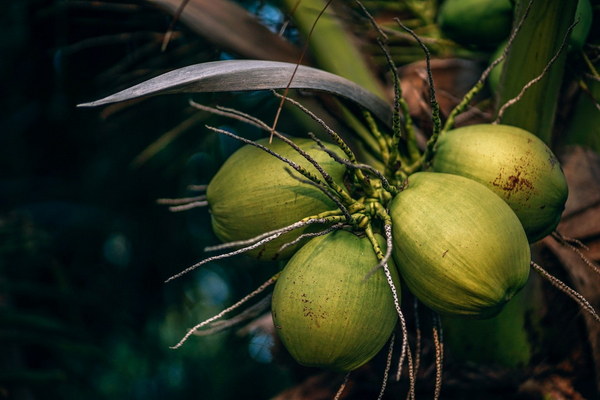Nurturing Your Lungs Traditional Chinese Medicines Insights on Lung Health
In the realm of Traditional Chinese Medicine (TCM), the lung is considered one of the most vital organs. It is responsible for the intake of oxygen, the expulsion of carbon dioxide, and the regulation of water metabolism. As such, maintaining lung health is crucial for overall well-being. This article delves into the common practices in TCM that focus on lung care and provides insights into how you can nurture your lungs using traditional wisdom.
1. Breathing Exercises
One of the most fundamental aspects of TCM lung care is the emphasis on proper breathing techniques. These exercises, known as qigong or tai chi, help to strengthen the lungs and improve lung capacity. By practicing deep, controlled breathing, you can enhance oxygen intake and expel toxins more effectively. Additionally, these exercises promote relaxation and reduce stress, which is beneficial for lung health.
2. Herbs and Herbal Remedies
TCM utilizes a wide range of herbs and herbal remedies to support lung health. Some commonly used herbs include:
- Elderberry: Known for its immune-boosting properties, elderberry helps to prevent and alleviate respiratory infections.
- Licorice root: This herb has anti-inflammatory and expectorant properties, making it useful for treating coughs, colds, and bronchitis.
- Thyme: Thyme is a natural expectorant and antiseptic, which can help to clear respiratory congestion and reduce inflammation.
- Ginger: Ginger has expectorant and antiviral properties, making it effective in treating respiratory infections and coughs.
2. Diet
In TCM, diet plays a significant role in maintaining lung health. Foods that are considered beneficial for the lungs include:
- Apples: High in antioxidants, apples help to protect the lungs from oxidative stress.

- Garlic: Garlic has anti-inflammatory and antibacterial properties, which can help to prevent respiratory infections.
- Onions: Similar to garlic, onions have anti-inflammatory and antibacterial properties.
- Turmeric: Turmeric contains curcumin, a compound with potent anti-inflammatory effects that can help to reduce lung inflammation.
3. Acupuncture
Acupuncture is a key component of TCM and is often used to treat respiratory conditions. By inserting fine needles into specific points on the body, acupuncture can help to balance the body's energy, or qi, and improve lung function. Commonly used points for lung care include:
- Lung 1 (Lu 1): Located on the hand, this point is believed to help with respiratory issues.
- Lung 7 (Lu 7): Located on the arm, this point is used to relieve coughs and respiratory congestion.
- Large Intestine 11 (LI 11): Located on the arm, this point is used to strengthen the immune system and improve lung function.
4. Lifestyle Adjustments
In addition to the aforementioned practices, there are several lifestyle adjustments that can help to nurture your lungs:
- Avoid smoking and secondhand smoke, as they can damage lung tissue and increase the risk of respiratory diseases.
- Limit exposure to environmental pollutants, such as dust, pollen, and chemical fumes.
- Engage in regular physical activity to improve overall lung capacity.
- Practice relaxation techniques, such as meditation or yoga, to reduce stress and promote lung health.
By incorporating these TCM lung care practices into your daily routine, you can help to maintain a healthy respiratory system and improve your overall well-being. Remember, it's essential to consult with a qualified TCM practitioner before starting any new treatment or making significant changes to your lifestyle.









